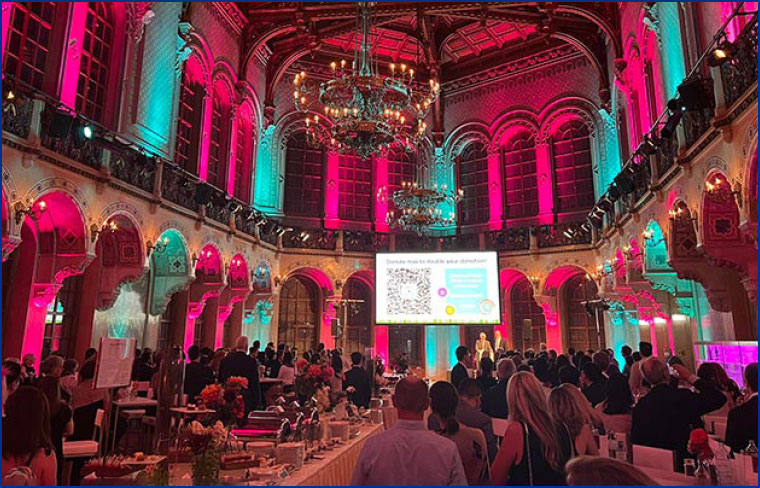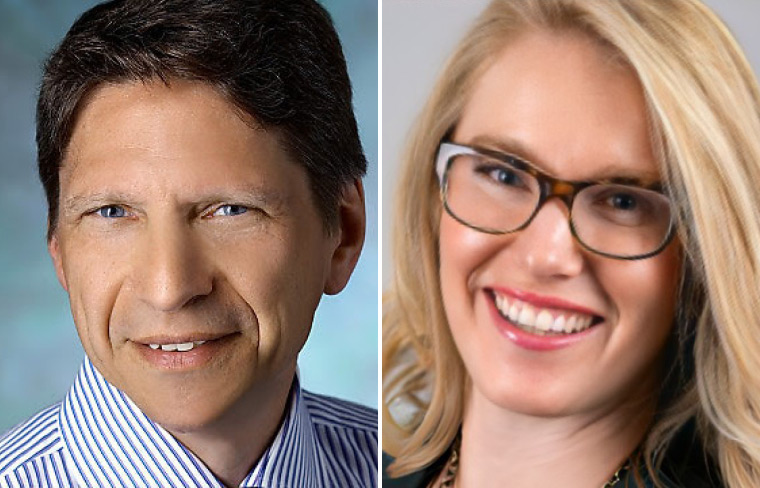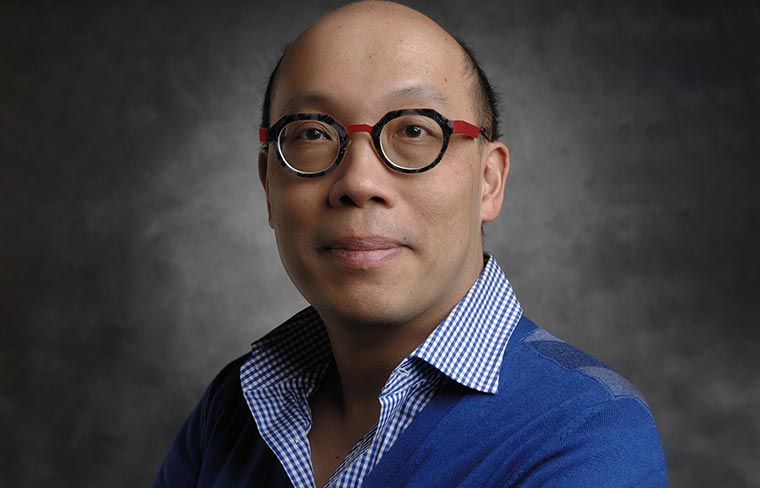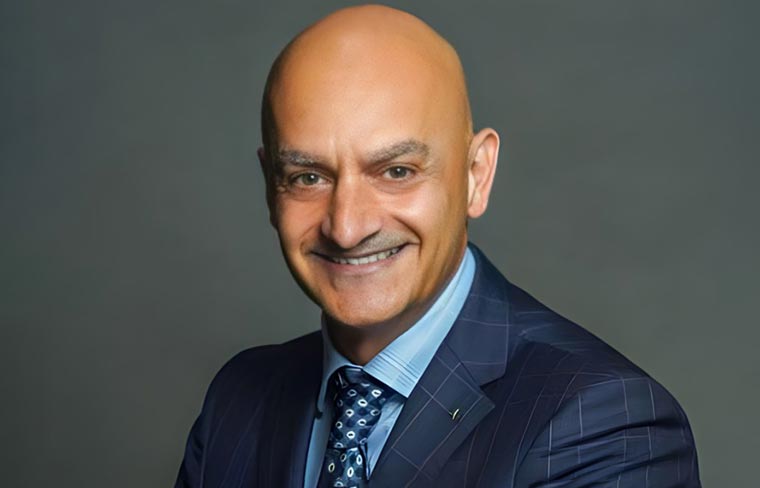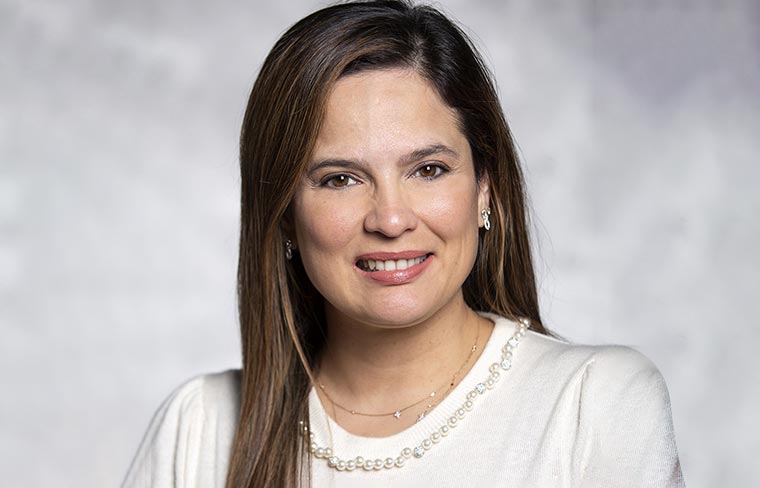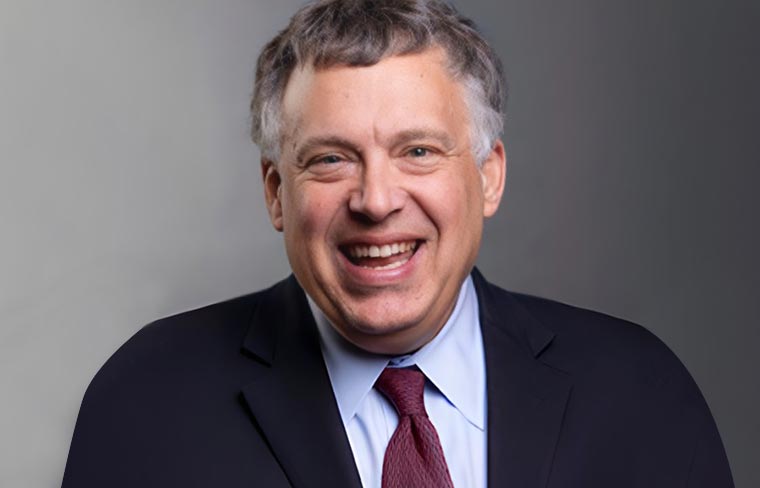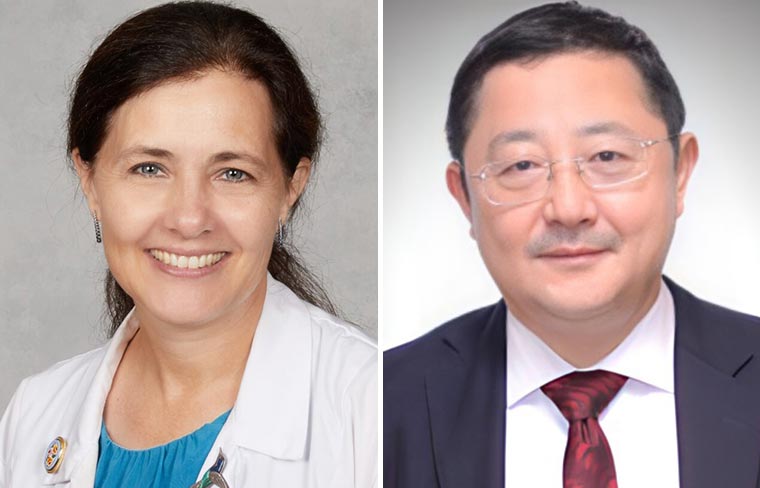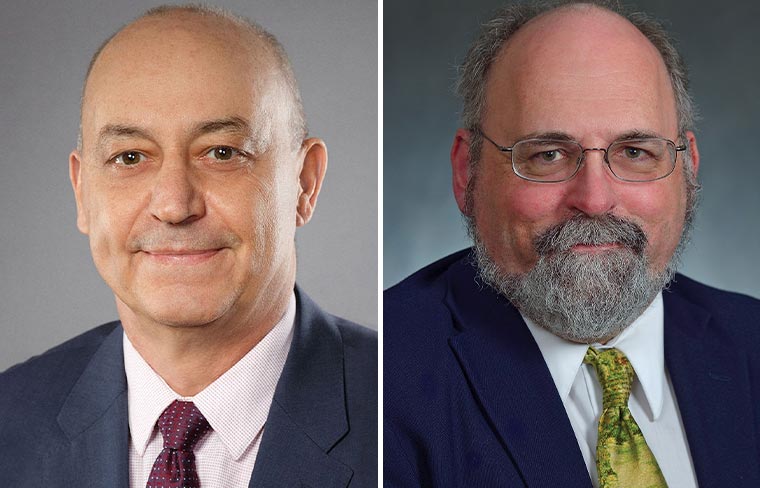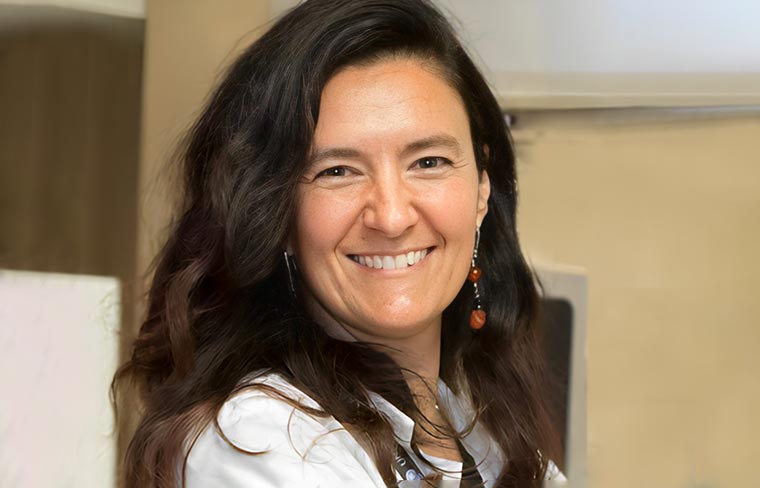Meeting News
-
Order Tickets for Special Events Today
As you plan your WCLC 2023 itinerary, don’t miss an important session on your list because you don’t have a ticket. Review the ticketed events schedule and be sure you have any tickets you will need.
-
In Brief for July 26, 2023
IASLC Hot Topic meeting to feature keynote address on resistance to immunotherapy by Dr. Drew Pardoll. Lung Cancer Research Foundation announces appointment of new executive director Aubrey Rhodes.
-
Adding Pembrolizumab to Platinum and Pemetrexed Improves OS in Treatment-Naive MPM
Dr. Quincy Chu recently shared results from the phase III IND227 trial, which also demonstrated improved progression-free survival in mesothelioma patients who received the combination compared to those who received standard chemotherapy alone.
-
Exploratory IMpower010 Analysis Shows Surgery Type Associated with Favorable DFS, OS Results
In stage II-IIIA NSCLC patients with high PD-L1 expression, the benefits of atezolizumab and platinum-based chemotherapy after surgical resection appeared to be most prominent in the lobectomy subgroup according to Dr. Alessandro Brunelli and colleagues.
-
Tumor Treating Fields May Provide Additional Treatment Option for mNSCLC Following Progression
Investigator Ticiana Leal, MD, said the the phase III LUNAR study met its primary endpoint and demonstrated a statistically significant 3-month improvement in median overall survival versus the standard of care.
-
ADAURA Demonstrates OS Benefit with Adjuvant Osimertinib in Resectable EGFRm NSCLC
Dr. Roy Herbst said the results reinforce adjuvant osimertinib as the standard of care for patients with resected, EGFR-mutated stage IB-IIIA non-small cell lung cancer and highlight the importance of early biomarker testing.
-
Data Supporting IO Before Surgery in Resectable NSCLC Grows
During ASCO’s 2023 Annual Meeting investigators shared findings from several neoadjuvant studies, including KEYNOTE-671 and Neotorch, which showed improved EFS with pembrolizumab and toripalimab, respectively.
-
From the Editors: Defining Resectability of Non-Small Cell Lung Cancer in 2023
Is “resectability” based on radical resection criteria still valid in the era of neoadjuvant immunochemotherapy? ILCN’s editors say the term needs to be revisited and probably redefined based on a tumor’s status before treatment and after neoadjuvant treatment.
-
ELCC Session Offers Surgical Perspective in Context of Neoadjuvant Immunotherapy
Presenter Dr. Alex Brunelli says neoadjuvant chemoimmunotherapy is a promising and well-tolerated treatment option in select patients with stage III NSCLC.
-
Radiation Oncologist Makes Case for Radiotherapy for Local Treatment of Select Patients
Can radiotherapy replace surgery in stage III NSCLC in the era of immunotherapy? During ELCC 23, Dr. Sara Ramella turned to the data to answer that question.








